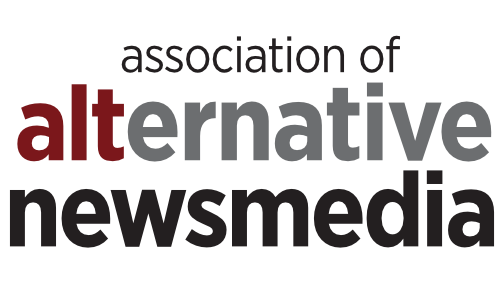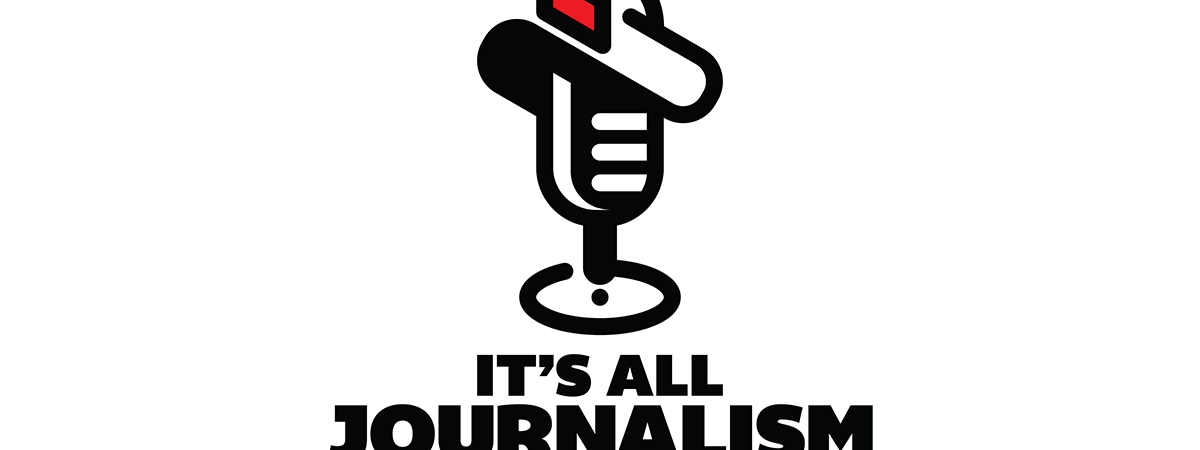“Should Facebook even be a place we should think about getting news (from) at all? It may not,” suggests Laura Hazard Owen, a deputy editor at the Nieman Journalism Lab.
For the past year, she’s been writing a column about fake news, a column she wasn’t sure would have enough activity or topics to discuss to warrant space every single week. How things have changed.
“I’ve gotten really interested in writing about the research being done into fake news, the academic papers, the studies people are doing about it,” she said. “One of the best things about working for Harvard is I have access to all these libraries in digital form. It’s really cool to see the research and circle back around with the people writing it, to see why they’re studying this stuff, what they want to keep working on.”
With so much discussion in the past year alone about the role of fake news in social media, and Facebook in particular, as it relates to the 2016 presidential election, Hazard Owen is curious what will come of Facebook’s promise to opening some of its data to select researchers for study.
The bulk of research on fake news has, to date, been compiled from Twitter information because its records are much more open and accessible, she said. “Facebook is a black box. We don’t really know what’s happening there,” but the stated agreement to slowly and partially open information to outside review “will give us a really interesting focus on what’s happening there.”
It’s also not enough for an article to be fact-checked for validity, because in some politically conservative circles, it’s not deemed an impartial activity, she said.
Laura Hazard Owen, a deputy editor at the Nieman Journalism Lab, joins producer Michael O’Connell to discuss her weekly column, where she’s been writing, about the spread and use of fake news and its implications in society, the role Facebook and Twitter play in its dissemination and whether Facebook’s pledge to open its records to research will shed any light on the secretive company’s policies and practices.








